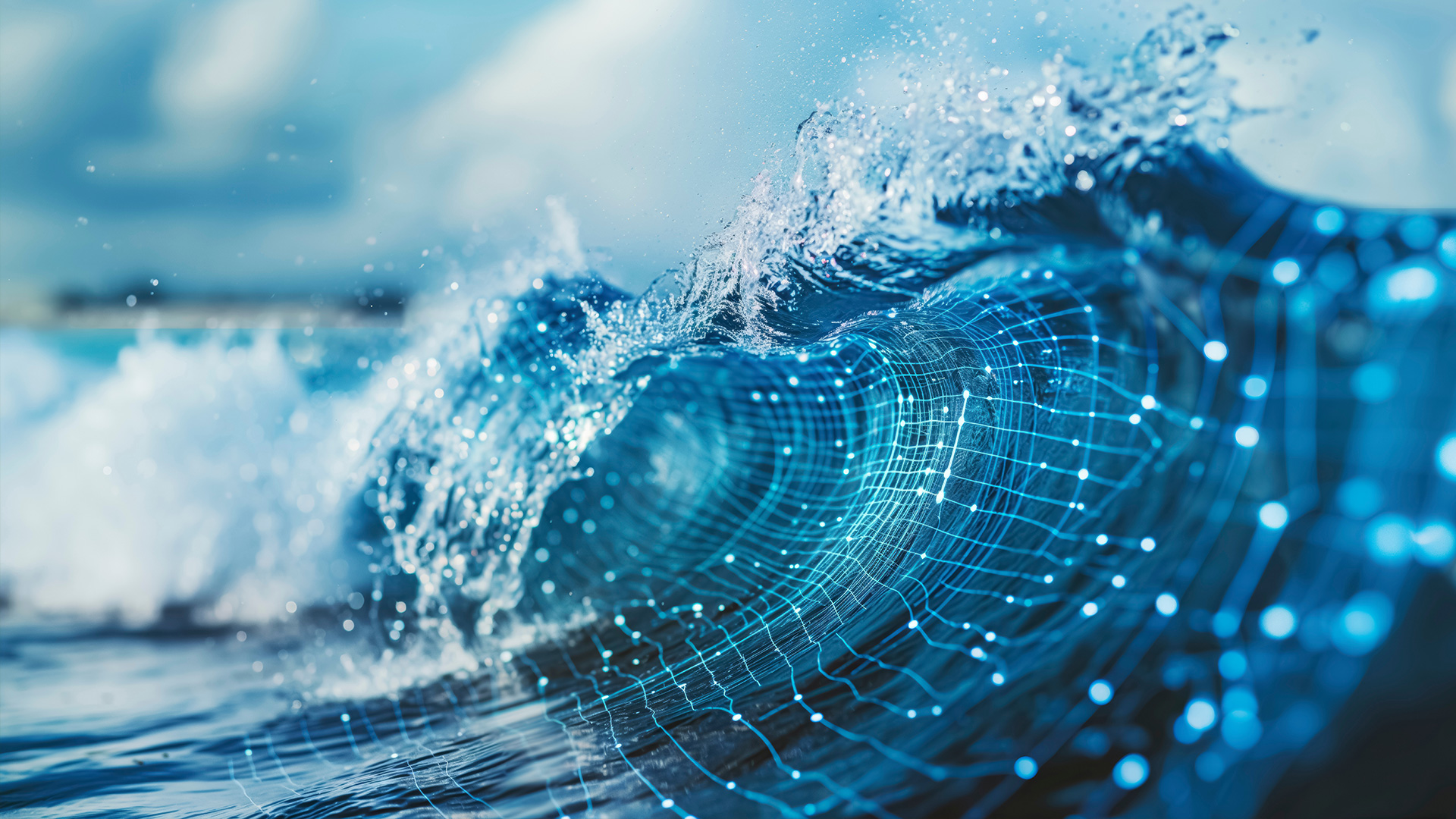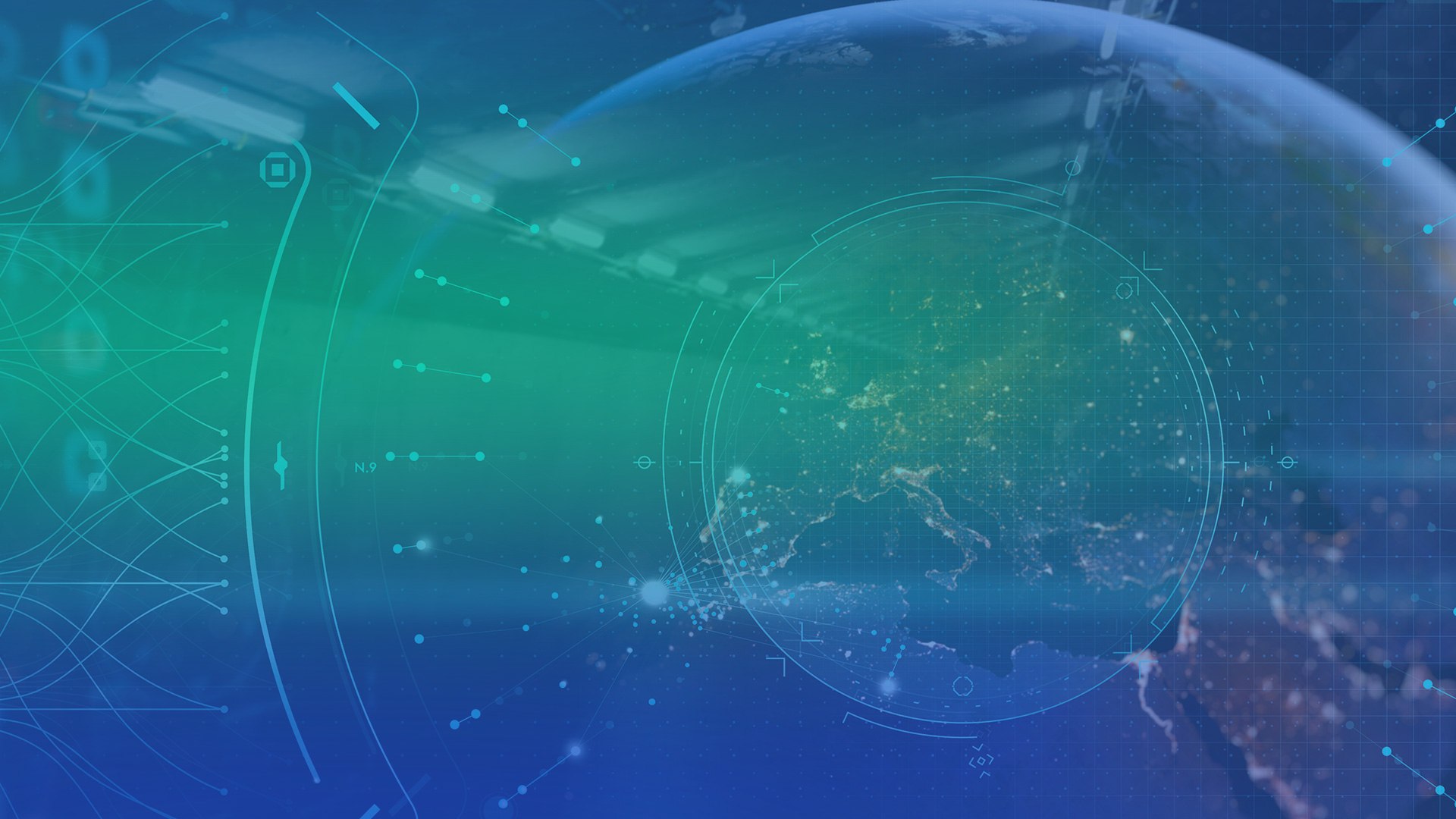Iliad Digital Twins of the Ocean and Citizen Science featured at CSci 2023 Phoenix conference
June 14th, 2023
“Working together, Digital Twins of the Ocean and Citizen Science can make the world a better place”
Iliad partner Earthwatch Europe’s strategic innovation manager Luigi Ceccaroni presented a dynamic poster at a poster session and led a discussion session, both focusing on the EU-funded Iliad Digital Twins of the Ocean project and citizen science, at C*Sci 2023, the 2023 Citizen Science Association conference, held on-site May 22-26 in Phoenix, Arizona, and on-line from May 15 to June 2.
“Digital twins and citizen science are complementary technologies that can be used to address some of the most pressing challenges facing our world,” Ceccaroni argued in his presentation. “I believe that digital twins and citizen science can be used together to create a more powerful and effective way to solve problems. For example, digital twins can be used to collect and analyze data from citizen science projects, and citizen scientists can collect data that would be difficult or impossible to collect using traditional methods,” he explained.

Digital twins are virtual representations of physical systems that can be used to monitor, analyze, and predict the behavior of those systems. Citizen science is a collaborative approach to scientific research that engages the public in collecting and analyzing data.
In the discussion following his presentation, Ceccaroni and other participants explored a number of ways in which digital twins and citizen science can be used together, including how digital twins can be used to improve the efficiency and effectiveness of citizen science projects, and how citizen science can be used to collect additional data.
Ceccaroni and those present also discussed some of the challenges that need to be addressed in order to fully realize the potential of digital twins and citizen science, he added.
“One challenge is interoperability. In order for digital twins and citizen science projects to work together effectively, they need to be able to share data in a standardized way. Interoperability refers to the ability of different systems to communicate and exchange data. In the context of digital twins and citizen science, interoperability is essential for ensuring that data collected by citizen scientists can be used to update and improve digital twins,” Ceccaroni explained.
Ceccaroni outlined some of the various possible standards that can be used to improve interoperability between digital twins and citizen science projects, particularly PPSR-Core and SOS, which defines a standard way for sensors to publish observations of the environment. “This standard can be used to ensure that data collected by citizen scientists can be easily integrated into digital twins,” Ceccaroni said.
Another challenge is data quality. “Data can be noisy and unreliable, and it is important to develop methods for ensuring the quality of data collected by (citizen) scientists,” Ceccaroni explained. Despite the challenges, Ceccaroni is certain that digital twins and citizen science have the potential to revolutionize problem solving methods.
“By working together, these two technologies can create a more powerful and effective way to collect, analyze, and use data to make the world a better place,” Ceccaroni said. Ceccaroni’s presentation was titled “Opportunities and barriers for citizen science in digital twins of the environment”. In it, he explored examples of how citizen science can contribute to, and benefit from, the creation of accurate digital twins of the environment, and how related privacy and data-validation issues must be addressed.
The conference brought together researchers and practitioners from a wide range of disciplines to discuss the latest advances in citizen science.

